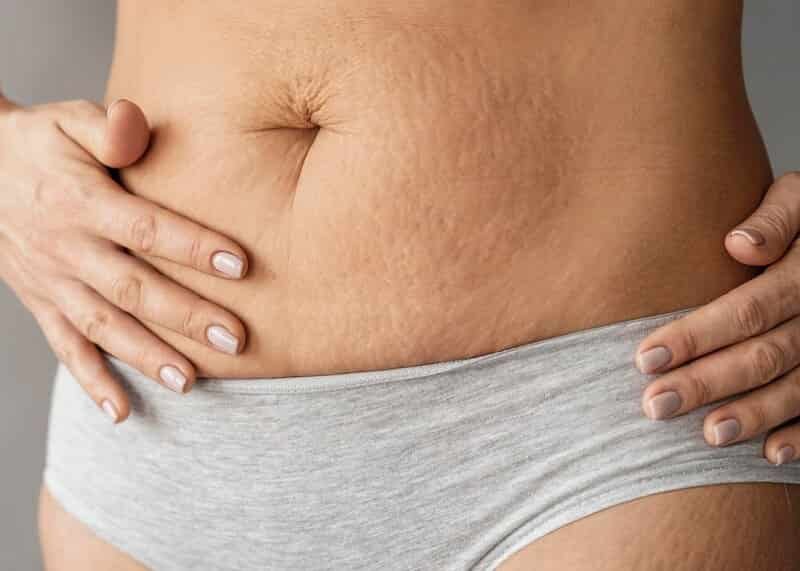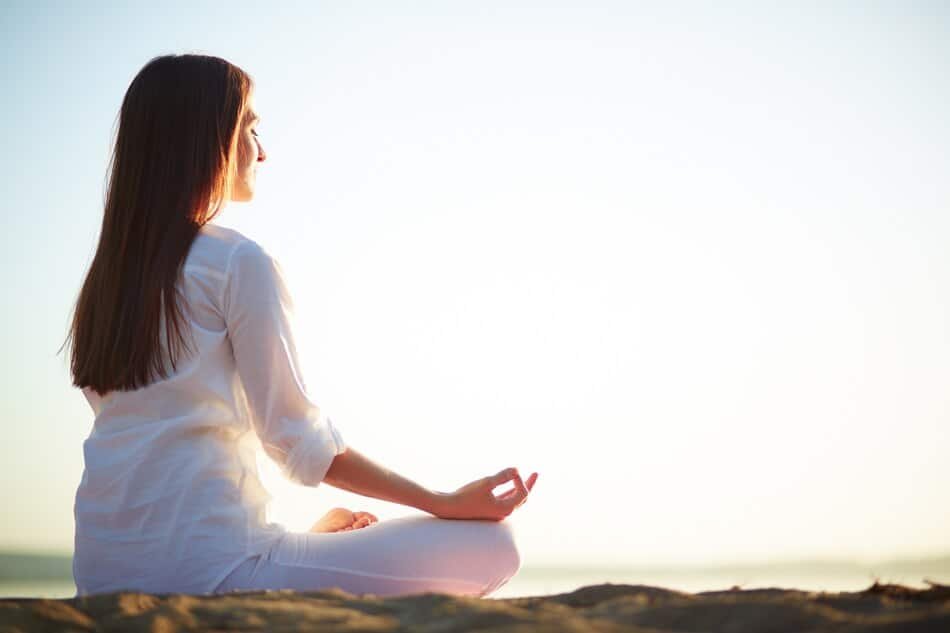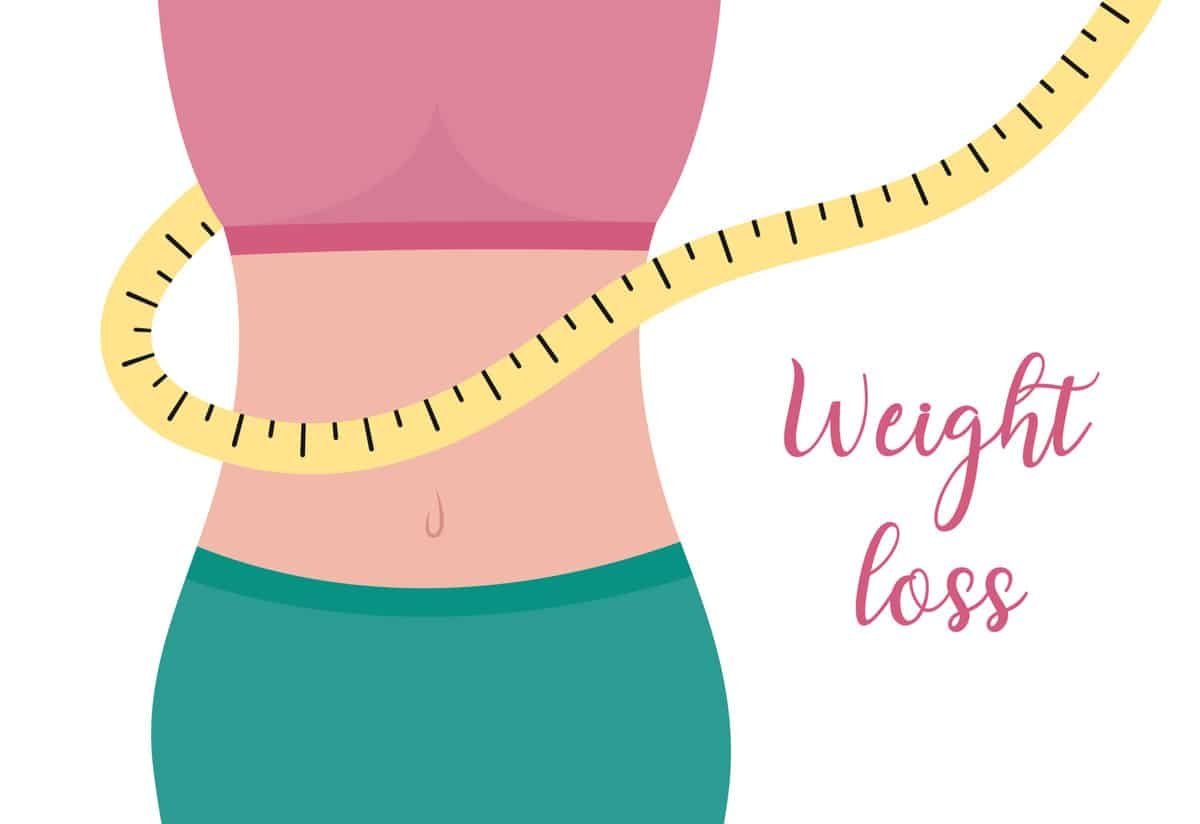In This Article
I. Introduction
What is Vaginal Tightness?
Vaginal tightness is the feeling of firmness or snugness in the vaginal area. It is often linked to the strength and elasticity of the pelvic floor muscles. Things like age, hormonal changes, having children, and overall pelvic health can affect how tight the vagina feels. Knowing about this is essential to understanding the regular changes in women’s bodies and any concerns that might arise over time.
Why is Vaginal Health Important?
Keeping the vagina healthy is essential for overall well-being. It can affect how comfortable you feel physically, your sexual satisfaction, and your emotional health. A healthy vagina helps with natural lubrication, protects against infections, and keeps the right balance of bacteria. Taking care of vaginal health through regular check-ups, eating a balanced diet, and making healthy lifestyle choices can help prevent problems and improve your quality of life.
Natural Ways to Improve Vaginal Tightness
There are natural ways to improve vaginal tightness and health, like doing pelvic floor exercises such as Kegels. These exercises enhance the strength of the muscles surrounding the vagina. Other methods may include using herbal remedies, changing your diet, and making lifestyle changes that help balance hormones and improve blood flow. This section will examine these options, highlighting their benefits and how they can easily fit into your daily routine.
II. Pelvic Floor Exercises
A. Kegel Exercises
1. What Kegel Exercises Are and Why They’re Good
Kegel exercises, named after Dr. Arnold Kegel, help make your pelvic floor muscles stronger. These muscles support essential organs like the bladder, uterus, and intestines. When you strengthen your pelvic floor, you can enjoy better bladder control, improved sexual function, and more support during pregnancy and childbirth. Doing Kegel exercises regularly can help prevent issues like incontinence and pelvic organ prolapse, which can improve your quality of life. Pelvic solid muscles also boost your confidence and well-being.
2. How to Do Kegel Exercises
Here’s how to do Kegel exercises:
- First, find your pelvic floor muscles. You can do this by trying to stop urinating while you’re going. The muscles being engaged are the ones in your pelvic floor.
- Once you know where they are, empty your bladder completely. Then, sit or lie down in a comfy spot where you won’t be distracted.
- Next, tighten your pelvic floor muscles and hold them tight for 3-5 seconds. Make sure you’re not using your stomach, thigh, or butt muscles.
- After that, relax the muscles for the same amount of time.
- Do this 10-15 times each time you practice, and try to do it thrice daily. You can hold the tightener longer to build strength as you get used to it. The key is to do them regularly, so try to make Kegel exercises a part of your daily routine for the best results.
B. Other Pelvic Floor Exercises
1. Bridge Pose
The bridge pose is a great yoga move that helps with flexibility and strengthens your pelvic floor. Here’s how to do it:
- Lie flat on your back with your knees bent and your feet resting on the floor, positioned approximately hip-width apart.
- Press your feet into the ground and lift your hips to the ceiling. Tighten your bum muscles and engage your pelvic floor muscles.
- Hold this position for about 5-10 seconds, taking deep breaths to stay steady.
- Gently lower your hips back to the floor. Do this 10-15 times for the best results.
2. Squats
Squats are a fantastic exercise for building strength and also work your pelvic floor muscles. Here’s how to do them right:
- Stand up straight with your feet apart, about the width of your shoulders, and point your toes outward.
- Bend your knees and push your hips back like you’re about to sit in a chair.
- Keep your chest up and back straight to avoid strain, and make sure your knees don’t go past your toes.
- Go down as low as you can while keeping good form, ideally until your thighs are parallel to the ground, then push through your heels to stand back up.
- Do this for 10-15 times. For a challenge, hold weights while doing squats.
III. Healthy Lifestyle Choices
A. Balanced Diet
Maintaining good health requires a well-balanced diet. It means having different kinds of foods in the right amounts to give your body what it needs.
- Foods with Vitamins and Minerals: These foods are vital to keeping your body working well. Vitamins and minerals help keep your skin healthy, boost your immune system, and give you energy. Eating fruits, vegetables, whole grains, lean proteins, and healthy fats helps you get a lot of nutrients. Examples are leafy greens, berries, nuts, fish, and beans.
- Staying Hydrated: Drinking enough water is crucial for your health. Water helps digestion, absorbs nutrients, and keeps your body temperature in check. It also enables you to think clearly and stay energized. Try to drink enough water throughout the day, and pay attention to how much you need based on your activity level, the weather, and your health.
B. Regular Physical Activity
Getting regular exercise is essential for both your physical and mental health. It helps lower the risk of diseases, makes you feel better, and improves your overall quality of life.
- Benefits of Being Fit: Regular exercise is good for your heart, strengthens your muscles, improves your flexibility, and keeps your bones strong. It also helps you manage your weight, reduces stress, and helps you sleep better. Plus, being active can make you feel happier by releasing endorphins, which are chemicals in your brain that boost your mood and reduce anxiety and depression.
- Fun Activities to Try: A good fitness routine should include a mix of aerobic exercises (like running, swimming, or biking), strength training (using weights or resistance bands), and flexibility exercises (like yoga or stretching). It’s essential to find activities that you enjoy and can stick with, as this makes it easier to keep exercising regularly. Aim for at least 150 minutes of moderate weekly exercise and strength workouts on two or more days.
IV. Herbal Remedies
A. Overview of Herbs for Vaginal Health
Herbs have been used for a long time to help with health, including vaginal health. Many herbs have natural qualities that can help keep the vaginal area balanced, soothe irritation, and ease discomfort. These herbal remedies can work alongside regular treatments or be used instead. It’s essential to pick safe and effective herbs and know how they can help with vaginal health.
B. Specific Herbs and Their Benefits
- Aloe Vera
Aloe vera is well-known for its gentle and healing effects. It has vitamins, minerals, and enzymes to help reduce swelling and keep the skin healthy. For vaginal health, aloe vera can be applied directly to soothe irritation and discomfort. Its antibacterial and antifungal qualities make it a good option for treating minor infections and keeping the vaginal area balanced. Plus, aloe vera gel can be used as a natural lubricant.
- Witch Hazel
Witch hazel is a plant extract known for its tightening and anti-inflammatory effects. It’s often used for different skin issues and can also help with vaginal health. Witch hazel can reduce swelling and calm irritation, making it helpful for things like hemorrhoids or vaginal inflammation. You can apply it directly to the affected area or use it in sitz baths for extra relief. Its healing properties make witch hazel a proper herbal remedy for vaginal health.
V. Maintaining Hormonal Balance
A. Understanding Estrogen and Its Impact
Estrogen is an important hormone that helps with many body functions, like regulating the menstrual cycle, keeping bones healthy, and supporting heart health. It’s mainly made in the ovaries but is also produced in smaller amounts by the adrenal glands and fat tissues. If estrogen levels are too high or too low, it can cause health problems like mood swings, weight gain, and a higher risk of certain diseases. Knowing how estrogen works and affects the body can help people take better care of their health and notice signs of imbalance.
B. Natural Ways to Balance Hormones
1. Nutrition
Eating a balanced diet is vital to keeping hormones in check. Eating whole foods rich in nutrients can help with hormone production. For example, adding healthy fats like avocados and nuts, lean proteins from fish and beans, and lots of fruits and veggies can support hormone balance. Foods high in fibre help remove extra hormones from the body, and foods like flaxseeds have phytoestrogens that can help balance estrogen levels.
2. Stress Management Techniques
Chronic stress can throw hormones out of balance by raising cortisol levels, harming estrogen and progesterone levels. Try mindfulness, meditation, yoga, or deep-breathing exercises to lower stress. Regular exercise also helps manage stress by releasing endorphins, which can boost mood and overall well-being. Getting enough sleep is very important, too, as poor sleep can upset hormonal balance.
VI. Importance of Regular Check-ups
A. The Importance of Gynecological Exams
Gynecological exams are essential for women’s health. They help doctors check for different issues related to reproductive health. These tests typically involve a pelvic examination, a Pap test, and a breast examination. They can catch problems early, like infections or signs of cervical cancer. Regular exams also give women a chance to talk about their periods, birth control, and any symptoms they might have, helping them stay on top of their health.
B. Talking to a Healthcare Professional
It’s essential to talk to a healthcare professional about any health concerns. Regular check-ups are an excellent way for women to share any worries they have about their reproductive health or any other symptoms. If someone has irregular periods, discomfort, or changes in their health, doctors can help by giving advice, doing tests, and suggesting treatments. Being open with a doctor builds trust and ensures women get the best care for their needs.
Key Points:
| Key Point | Details |
|---|---|
| Pelvic Floor Exercises | – Kegel exercises: Strengthen pelvic floor muscles, improve bladder control and sexual function – Bridge pose: Yoga move that enhances flexibility and strengthens pelvic floor – Squats: Build overall strength and work pelvic floor muscles |
| Healthy Lifestyle Choices | – Balanced diet: Include foods rich in vitamins and minerals (fruits, vegetables, whole grains, lean proteins) – Stay hydrated: Drink adequate water throughout the day – Regular physical activity: Aim for 150 minutes of moderate exercise weekly, including aerobic and strength training |
| Herbal Remedies | – Aloe vera: Soothes irritation, has antibacterial and antifungal properties – Witch hazel: Has tightening and anti-inflammatory effects, reduces swelling |
| Hormonal Balance | – Understand estrogen’s role in body functions – Eat hormone-balancing foods (whole foods, healthy fats, lean proteins) – Manage stress through techniques like meditation, yoga, and deep-breathing exercises – Ensure adequate sleep to maintain hormonal balance |
| Regular Check-ups | – Attend gynecological exams regularly – Openly discuss health concerns with healthcare professionals – Pap tests and breast examinations are typically part of these check-ups |
| Nutrition for Vaginal Health | – Consume foods high in fiber to help remove excess hormones – Include phytoestrogen-rich foods like flaxseeds to help balance estrogen levels – Eat probiotic-rich foods to maintain a healthy vaginal flora |
| Natural Lubricants | – Aloe vera gel can be used as a natural lubricant – Coconut oil can help moisturize and alleviate discomfort |
| Stress Management | – Practice mindfulness and meditation – Engage in regular exercise to release endorphins – Implement deep-breathing exercises |
| Importance of Hydration | – Helps keep mucous membranes moist – Improves overall vaginal comfort – May reduce dryness and associated discomfort |
| Safe Feminine Hygiene Practices | – Choose pH-balanced and hypoallergenic products – Avoid products with harsh chemicals – Be cautious with essential oils, ensuring proper dilution |
| Recognizing Health Issues | – Watch for unusual discharge, itching, burning sensations, or pain during intercourse – Pay attention to changes in menstrual cycle or pain |
| Holistic Approach | – Consider vaginal health as part of overall physical, emotional, and mental well-being – Implement consistent self-care practices – Make lifestyle choices that support overall health |
VII. Conclusion
Summary of Natural Ways to Stay Vaginally Healthy
In this part, we’ll go over the different natural ways to keep your vaginal health in check. We’ll talk about simple lifestyle changes like eating better, staying hydrated, exercising regularly, and managing stress. We’ll also mention some natural remedies like herbs, probiotics, and essential oils to help keep things balanced. The goal is to show how these methods can improve your overall health without needing medications.
Encouragement to Take a Whole-Person Approach to Vaginal Health
Here, we’ll stress how vaginal health is connected to your overall physical, emotional, and mental well-being. We want to encourage people to think about their vaginal health as part of a bigger picture that includes good nutrition, mental health, and daily habits. By looking at it this way, people can make better choices that support their vaginal health. This section will also include easy steps to add holistic practices into everyday life, focusing on the importance of being consistent and caring for yourself for a healthier lifestyle.
FAQs
What are the common signs of vaginal health issues?
Common signs of vaginal health issues may include unusual discharge that differs in colour or consistency, itching that causes discomfort, burning sensations, and discomfort or pain during intercourse.
How often should I have a gynecological exam?
It is generally recommended that a comprehensive gynecological exam be performed annually. Still, this frequency may vary based on individual health needs, age, and risk factors, so always consult your healthcare provider for personalized advice.
What are the benefits of using probiotics for vaginal health?
Probiotics can play a crucial role in maintaining a healthy balance of vaginal flora, which may help prevent infections, reduce the risk of imbalances, and promote overall vaginal well-being.
Can diet affect my vaginal health?
Yes, a balanced and nutritious diet rich in vitamins, minerals, and healthy fats can significantly support hormonal balance and contribute to overall vaginal health, influencing everything from moisture levels to pH balance.
What natural remedies can I use for vaginal irritation?
Several natural remedies can be effective for soothing vaginal irritation, including aloe vera for its relaxing properties, witch hazel for its anti-inflammatory effects, and coconut oil, which can help moisturize and alleviate discomfort.
Is it safe to use essential oils for vaginal health?
Many essential oils boast beneficial properties for vaginal health. Still, it is crucial to use them correctly and ensure they are diluted appropriately to avoid irritation or adverse reactions, as they can be potent.
How can I naturally balance my hormones?
Making lifestyle changes such as incorporating proper nutrition, practising stress management techniques like meditation or yoga, and engaging in regular exercise can help maintain hormonal balance and promote overall health.
How should I handle painful menstruation?
If you experience painful periods, it is essential to consult a healthcare professional to explore potential underlying issues and discuss various management options, which may include lifestyle changes or medical treatments.
Are all feminine hygiene products safe?
Not all feminine hygiene products are created equal; it’s crucial to choose pH-balanced and hypoallergenic options to avoid irritation, as some products may contain harsh chemicals that could harm vaginal health.
What role does stress play in vaginal health?
Chronic stress can lead to hormonal imbalances that negatively affect vaginal health. Hence, managing stress through relaxation techniques, healthy coping strategies, and self-care practices is essential for maintaining overall well-being.
How does hydration impact vaginal health?
Staying well-hydrated is essential for overall health, as it helps keep the mucous membranes moist and can improve overall vaginal comfort, potentially reducing dryness and associated discomfort.

Mariyam
Dr. Mariyam Hamdan is a highly skilled gynecologist specializing in women's health. With a medical degree from American University Sharjah, United Arab Emirates, she offers expert care in preventive services, reproductive health, pregnancy management, and menopausal support. Dr. Mariyam is dedicated to providing personalized, patient-centered care, and is committed to educating and empowering women to take charge of their health.







